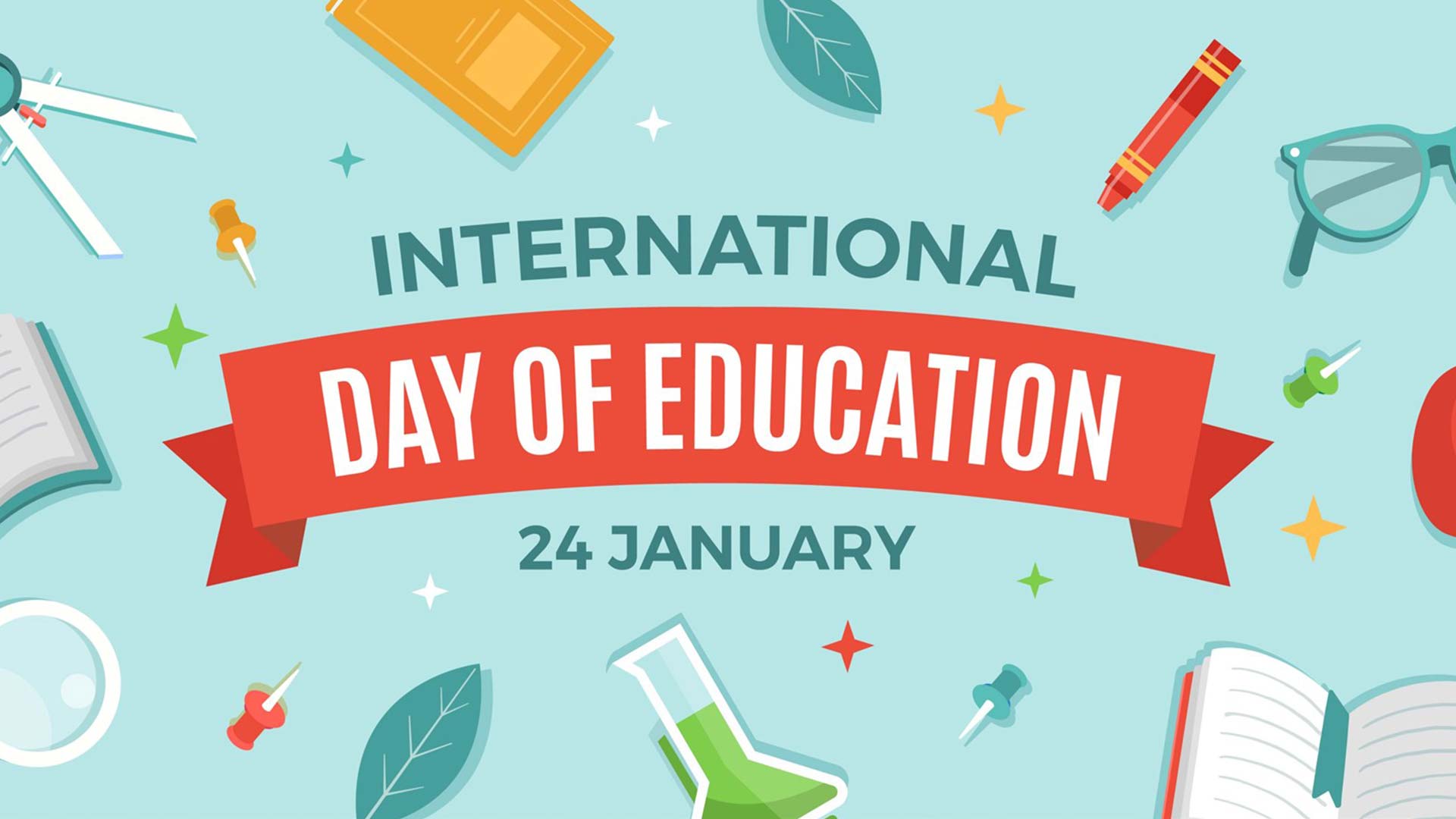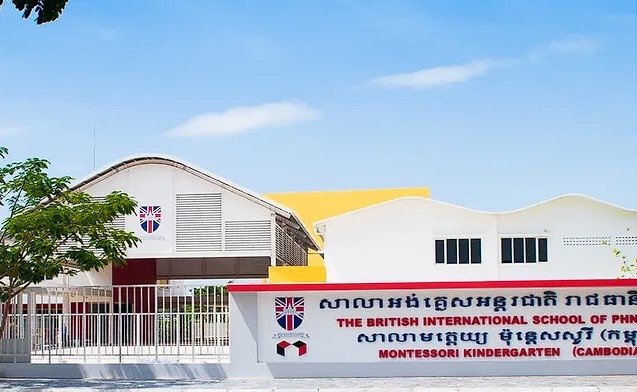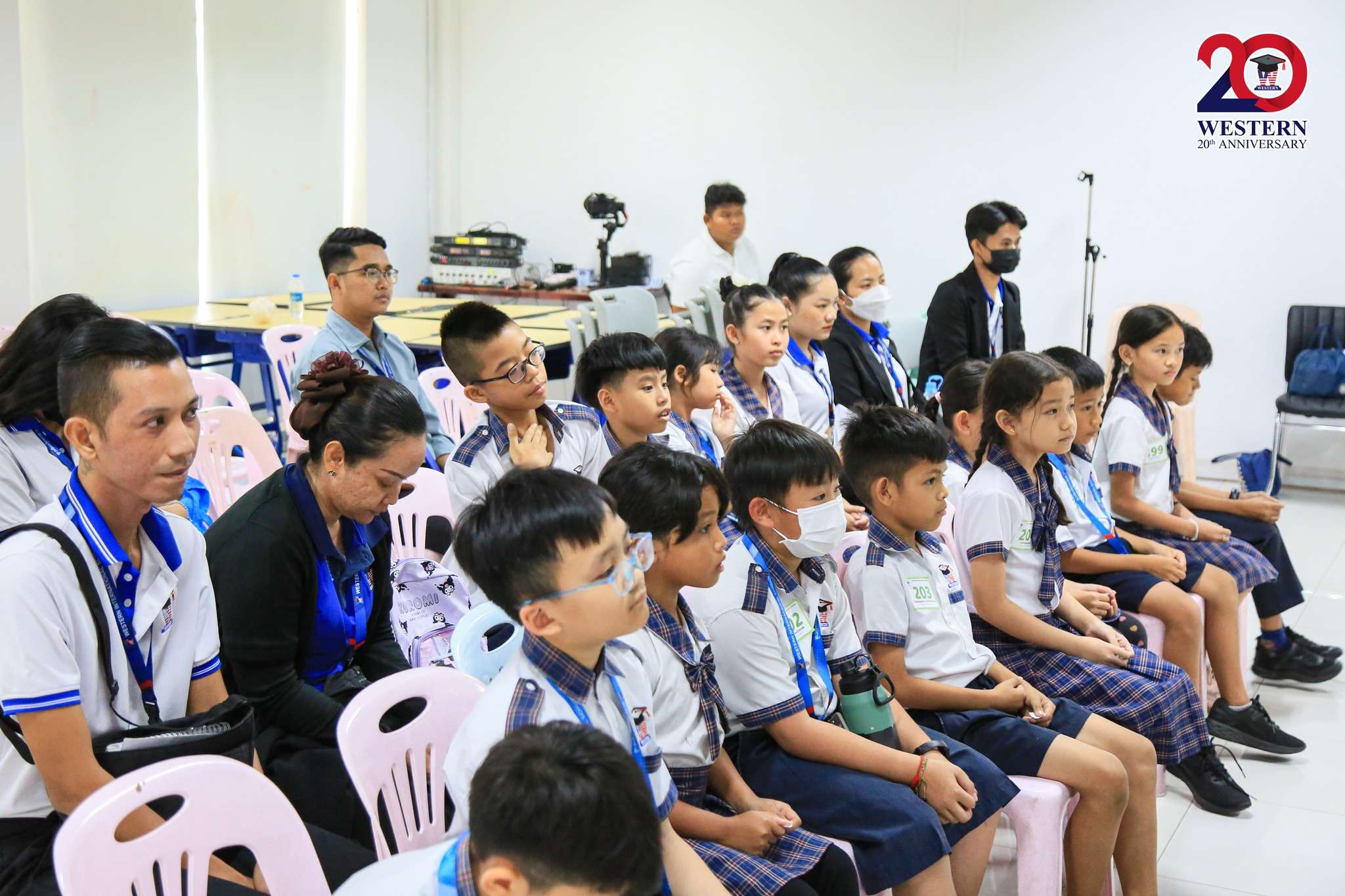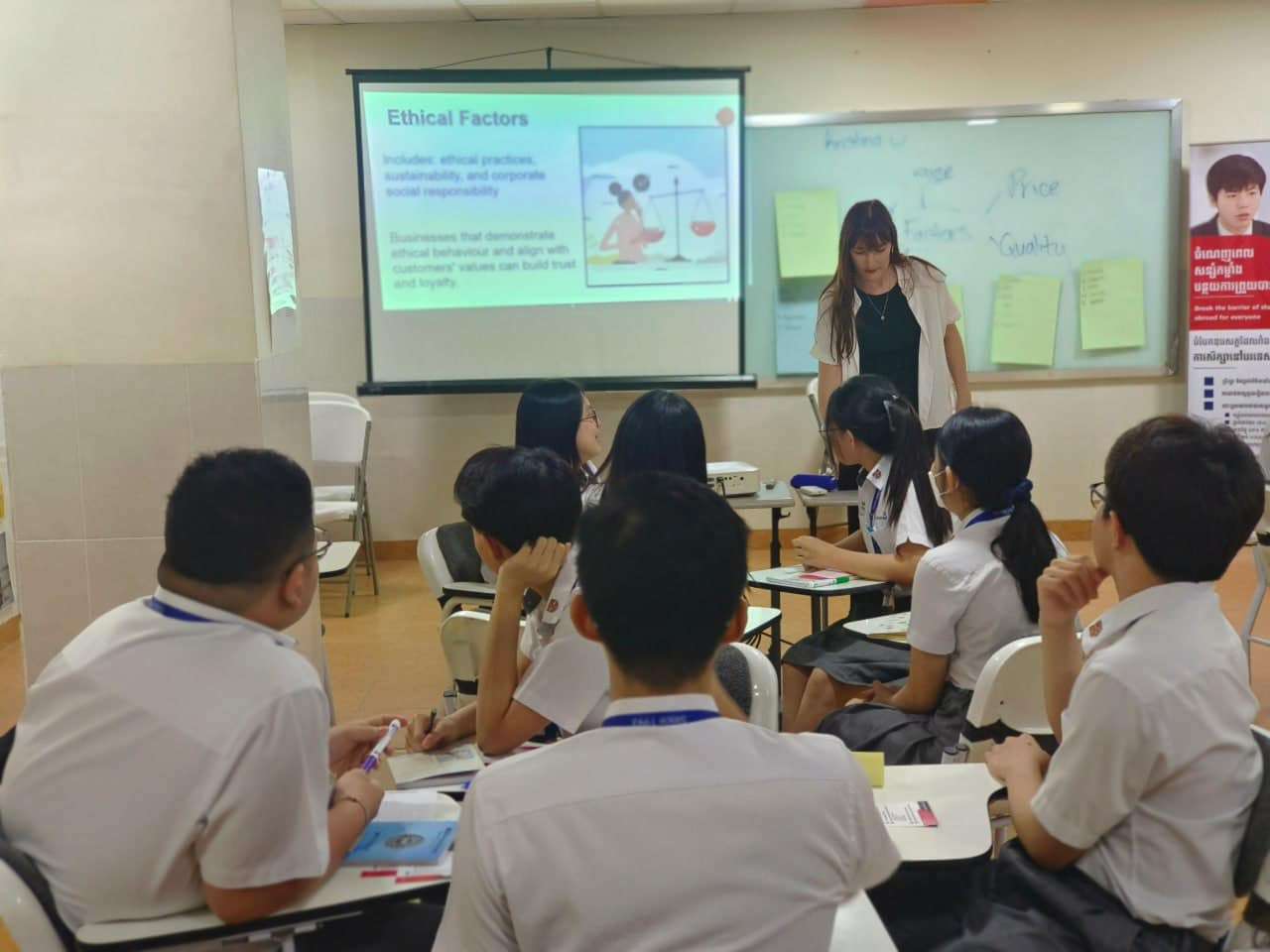Every year on January 24th, the world celebrates International Day of Education, a day dedicated to recognizing the importance of equitable and inclusive learning for all. This year, the theme – “Education for Peace and Sustainable Development” – resonates with renewed urgency, beckoning us to examine the transformative power of education in tackling interconnected challenges, from environmental degradation to social inequalities.
The statistics starkly paint a picture of unfinished business. Over 250 million children and youth remain out of school globally, burdened by poverty, conflict, or discrimination. Millions more grapple with inadequate or irrelevant education, unable to acquire the skills and knowledge needed to thrive in a rapidly evolving world. Bridging these divides, ensuring accessibility and inclusivity, are fundamental challenges demanding immediate attention.
However, amidst the daunting statistics, flicker beacons of hope. Education, especially when tailored to local contexts and empowered by innovation, can become a potent catalyst for positive change. Consider indigenous communities harnessing traditional knowledge to manage natural resources sustainably, or refugee girls accessing digital platforms to continue their education in displacement. These stories exemplify the potential of education to empower individuals, build resilient communities, and foster responsible global citizenship.
The quest for quality education demands more than just access. It necessitates robust policies and adequate funding, prioritizing the needs of marginalized groups and investing in teacher training and support. Embracing technological advancements can bridge geographical barriers and democratize knowledge, but we must remain mindful of digital divides and ensure equitable access to technology and connectivity.
Furthermore, education must actively counter forces that divide us. It can cultivate critical thinking skills, promote tolerance and understanding, and equip individuals to identify and combat hate speech and misinformation. By nurturing empathy and global perspectives, education can pave the way for peaceful coexistence and collaborative solutions to shared challenges.
International Day of Education offers a platform for collective action. Governments, education stakeholders, NGOs, and individuals can come together to chart a path towards achieving quality education for all. This involves implementing comprehensive education policies, promoting sustainable financing mechanisms, and fostering partnerships for knowledge sharing and innovation.
On this day, let us not solely lament the gaps in education, but celebrate the triumphs and harness the potential. Let us commit to building education systems that nurture critical thinkers, responsible citizens, and agents of positive change. For in closing the educational divide, we invest not only in individual futures, but in a more peaceful, sustainable, and equitable world for all.








Leave A Comment